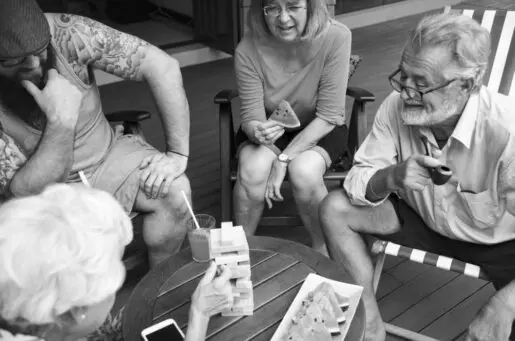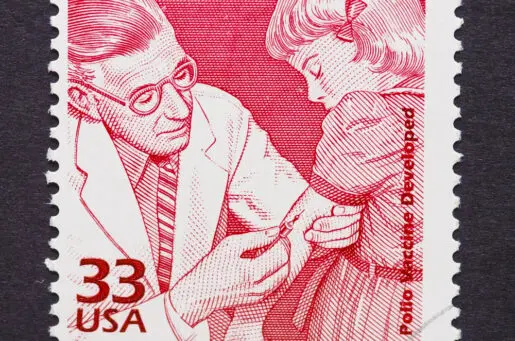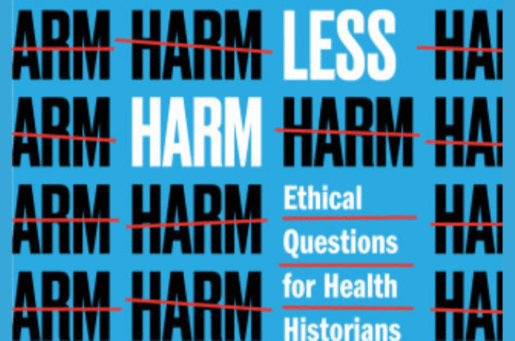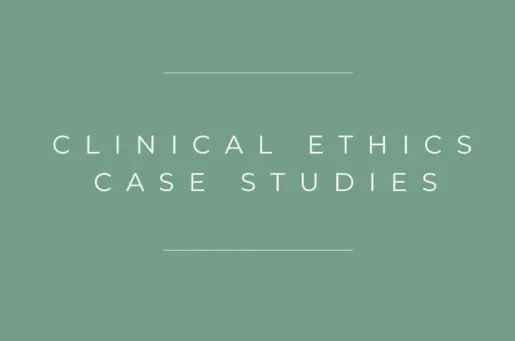Bioethics Forum Essay
The Vulnerable Researcher and the IRB
“Why don’t you just go through the IRB process to protect yourself?” one of my colleagues asked me (again) the other day. And I sighed (again).
My tendency is to respond to this question with what is pretty much the standard objections of my fellow members of the American Historical Assocation, objections reiterated again this week by the AHA leadership: IRBs are not set up to understand what we oral historians do. (Why else could they do things like ask us to provide them with lists of standardized interview questions and ask us to destroy our interview tapes?) Besides, the U.S. Office for Human Research Protection has clarified that oral history-taking is an excludable research practice, so why should I subject myself (and thus, ultimately, my discipline) to an unnecessary bureaucratic exercise?
“Because,” say colleagues to whom I put this, “it makes sense to protect yourself.”
This just depresses me. To say that I should go through an IRB to protect myself is to tacitly admit that IRBs have stopped being about what they were supposed to be about: protection of vulnerable subjects in biomedical research.
But the answer depresses me, too, because it fails to understand the ethical value of keeping the researcher in a vulnerable position. To remain “unprotected” by my university’s IRB system—to remain vulnerable—is to remain highly aware of my obligations to those I interview for my work. Without the supposed “protection” of my IRB, I am aware of how, if I hurt my interviewees, they might well want to hurt me back. At some level, I think it best for my subjects that I keep my kneecaps exposed.
In an ideal world, the process of IRBs would induce researchers to engage in thoughtful ethical reflection about their duties and obligations to their subjects. In the real world, researchers I talk to often think that, once they’ve gotten IRB approval and “consented” their subjects, their ethical obligations are done. Experienced researchers learn the IRB system so well that they (understandably) reuse the same basic applications and consent forms from project to project. Even if they began the IRB application experience, in graduate school, with real ethical reflection, they’ve lost it three or four rounds in. By the time they get tenure, it’s just annoying paperwork.
So why do I not apply to my IRB when I do oral history work? Because oral history is excluded. Because IRBs don’t understand what we historians do. But most importantly, because I’m trying to be ethical.












